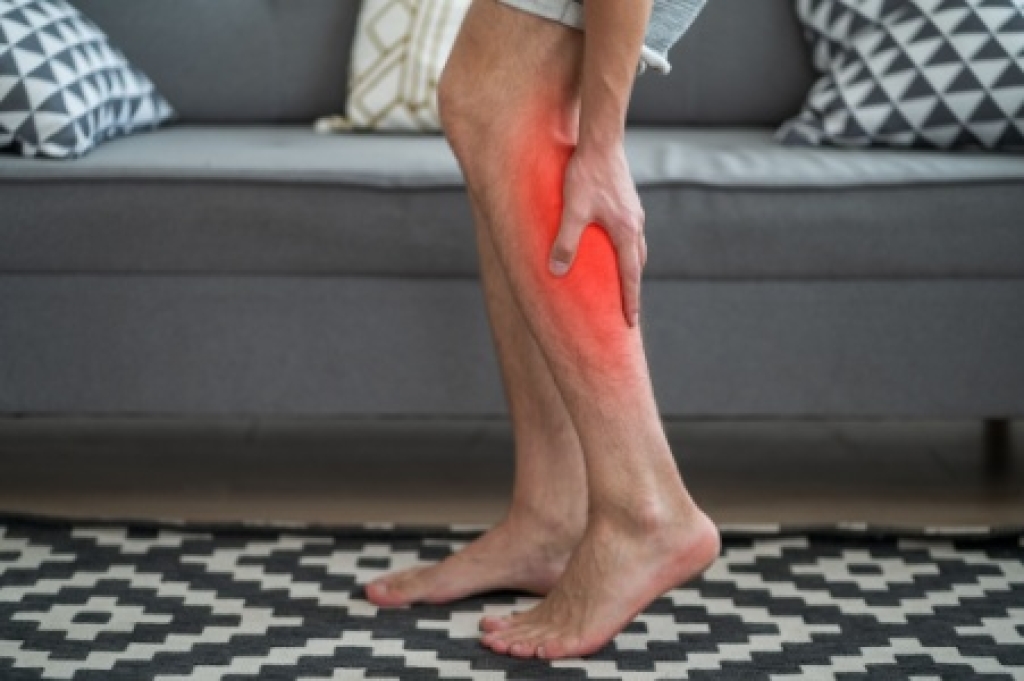
Muscle spasms are sudden, involuntary contractions of muscles that can cause sharp pain, stiffness, or limited movement. They often occur due to dehydration, fatigue, nerve compression, poor posture, or overuse of muscles. Risk factors include strenuous physical activity, prolonged sitting, certain medical conditions, and lack of proper nutrition. Symptoms may involve tightness, cramping, or visible twitching in the affected area. Chiropractic care can help by addressing underlying spinal misalignments, improving nerve communication, and restoring proper balance to the musculoskeletal system. Through targeted adjustments, stretching guidance, and lifestyle recommendations, chiropractors support natural healing and prevention. Muscle spasms can be uncomfortable and painful. If muscle spasms are disrupting your daily life, it is suggested that you consult a chiropractor to find effective, drug-free relief and regain comfortable movement.
Muscle Spasms
Muscle spasms, or involuntary muscle contractions, can cause sudden pain and tightness, often disrupting daily activities and causing significant discomfort. Spasms are typically triggered by muscle strain, dehydration, poor circulation, or nerve irritation and can occur in any muscle, although they are most common in the neck, back, and legs.
Chiropractic care for muscle spasms aims to relieve muscle tension, improve circulation, and restore the body’s natural balance. By performing gentle adjustments to the spine or other affected areas, chiropractors work to realign the body and reduce nerve interference that may be contributing to the spasms. This approach can help relieve the pressure on muscles, encouraging them to relax and reducing the frequency and intensity of future spasms.
In addition to adjustments, chiropractic care may include stretching exercises, massage, and lifestyle recommendations to prevent recurrence. These exercises are designed to strengthen and support the muscles, improving flexibility and reducing muscle strain.
Chiropractic care offers a holistic, drug-free approach to managing muscle spasms, emphasizing long-term relief and muscle health. By addressing both the immediate symptoms and underlying causes, chiropractic treatment helps people find lasting relief, promoting muscle relaxation and supporting overall well-being.
Will the treatment cause additional pain or discomfort?
Patients sometimes worry that chiropractic adjustments or muscle manipulation will aggravate their spasms. Chiropractors emphasize that treatments are generally gentle and designed to alleviate discomfort without causing additional pain.
Will I feel immediate relief after each adjustment, or does it build over time?
While some patients feel immediate relief after a session, long-term improvement usually develops gradually with consistent treatment. Muscle tension and spasms often respond best to cumulative care over several sessions.
If you have any questions please feel free to contact our office located in Bellmore, NY .




